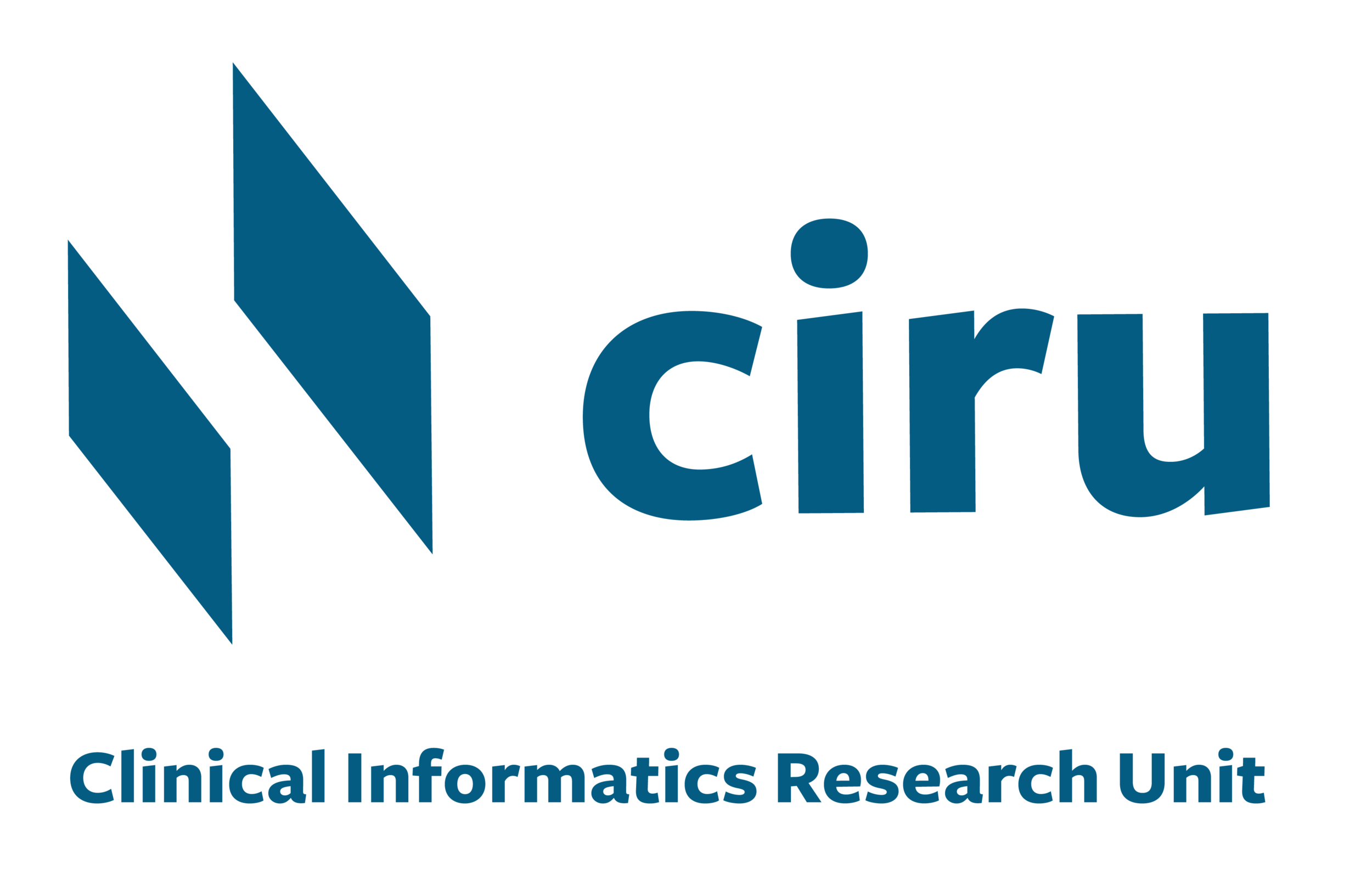Me, myself & surveys
Over the years, I have acquired somewhat of a reputation amongst my colleagues at the Clinical Informatics Research Unit (CIRU) for being “mildly” obsessed with designing and running online surveys. Erm, I’ll have you know that I do not have a foggiest idea how this rumour could have started…
*Ahem*
Oh, alright - running surveys ARE my favourite part of my job. There aren’t (too) many things more thrilling than utilising surveys to answer complex research questions and contribute to important knowledge gaps in the world. Knowledge is power, after all, and the rich knowledge that you can obtain from surveys contain potential for subtle waves of impact if you know what to ask and how to package your findings. Hint: Ideally with a little red ribbon on top!
My passion for designing surveys began during my 3-year PhD in social psychology, which I completed at the University of Southampton in 2015. It was during this period that my love for running surveys developed, which was a direct result of designing and implementing surveys on thousands of participants in the laboratory and online. My PhD focused on understanding the power of nostalgia – specifically, how nostalgia can be effectively used to “fend off” the harmful effects of loneliness. After manipulating loneliness and making people feel nostalgic in the lab (using sophisticated survey designs – such fun), it turns out that nostalgia is pretty good for you. Feeling disconnected from those around you? Whack on a bit of Spice Girls (or whatever floats your boat) and you’ll soon replenish those feelings of connection.
I joined CIRU shortly after finishing my PhD to work on a clinical pilot project – this was back when there were just 14 people employed in the group. I was the first and original academic in the unit, which, at the time, predominantly focused on EDGE, our clinical trials management programme. The department was vastly different back then compared to present day… in case you didn’t know, CIRU currently employs over 50 staff and is home to a variety of different service and research groups. I remember a few months after joining, I announced to the team that I had intended to trial the unit’s first ever survey administered on our EDGE users – titled “The EDGE Usability Survey”. “What did users really think of EDGE?” I set out to ask.
*Cue lots of worried looks amongst my colleagues’ faces – I mean, who on earth was I to suddenly waltz in and disturb the peace?*
After a month of surveying a modest sample of EDGE users, the findings revealed that people were generally very happy with EDGE and the magical things that it can do. A few niggles here and there, but on the whole, survey feedback was good. Phew! A key take-home message was – and forever continues to be – how fundamental training is to perceptions of usability and satisfaction amongst new users. If a new user is thrown in the deep end with no context on how and why they should use it, then resentment will soon harvest and unveil itself in subtle ways. The survey was implemented 3 years in a row and, with the upcoming arrival of EDGE 3 in the coming months, I am sure that the survey will be administered again very soon.
Jump forward to 2022 and I cannot begin to explain my surveying antics! In my role, I am proud to wear a variety of fashionable hats. On the EDGE side, I am an event organiser of the annual EDGE User Conference, often utilising feedback from delegate surveys to guide planning decisions. I am also a data and insight analyst, often pulling out behavioural statistics from Google Analytics to inform EDGE 3 functionality ideas to the Knowledge team. On the academic side, I work alongside some brilliant people in conducting surveys on important current issues with a health or clinical angle. For example, during the past two years since the pandemic, I successfully led a series of online and community surveys to understand sociodemographic predictors of COVID-19 vaccine hesitancy in sub-Saharan African countries, such as Ghana and Togo. These findings assisted Ghanaian policymakers in understanding how and who to target in COVID-19 vaccination campaigns. I am also currently running an online Health Needs survey for Ukrainian migrants and internally displaced people, with the aim to report our crucial findings to national humanitarian and medical organisations to direct support to those who desperately need it.
Data makes the world go round. And surveys are one way to collect new data and translate it into actions that can deliver benefits. I am proud to be in research, and I look forward to seeing what new and exciting surveys I can help deliver in the future. All this talk of surveys… it seems only fitting to end with a survey question, doesn’t it…?
Please rate the extent of your agreement to the following statement:
“I enjoyed reading this blog post”:
1 (strongly disagree)
2
3
4
5 (strongly agree)
